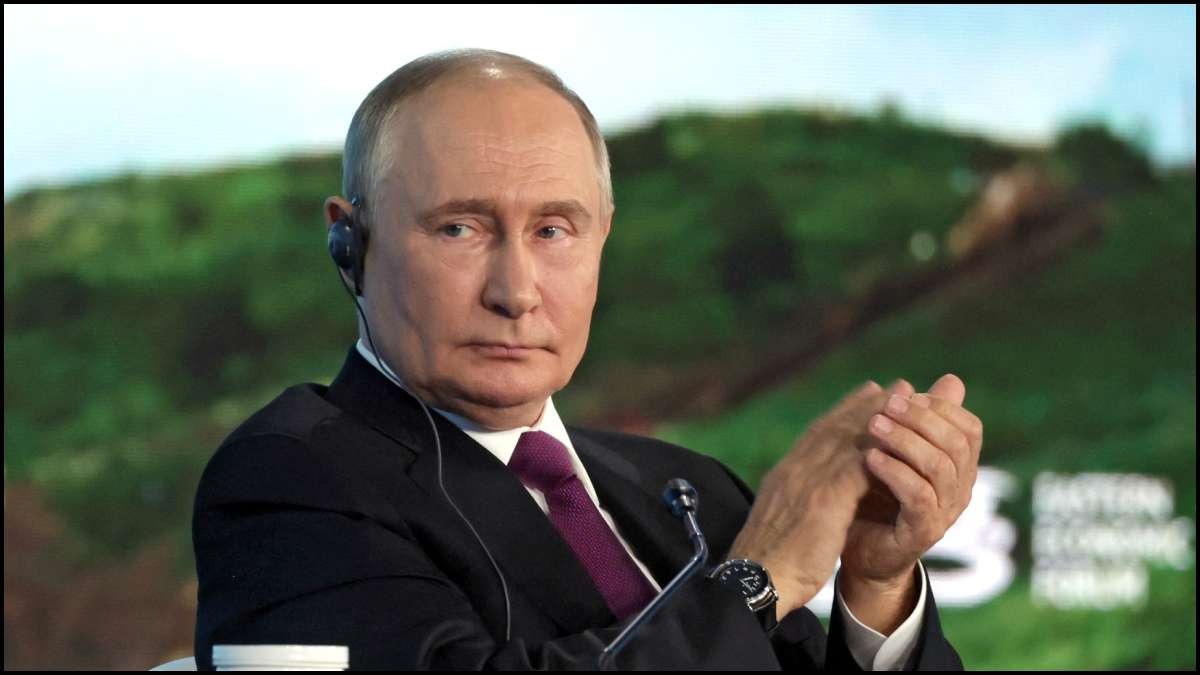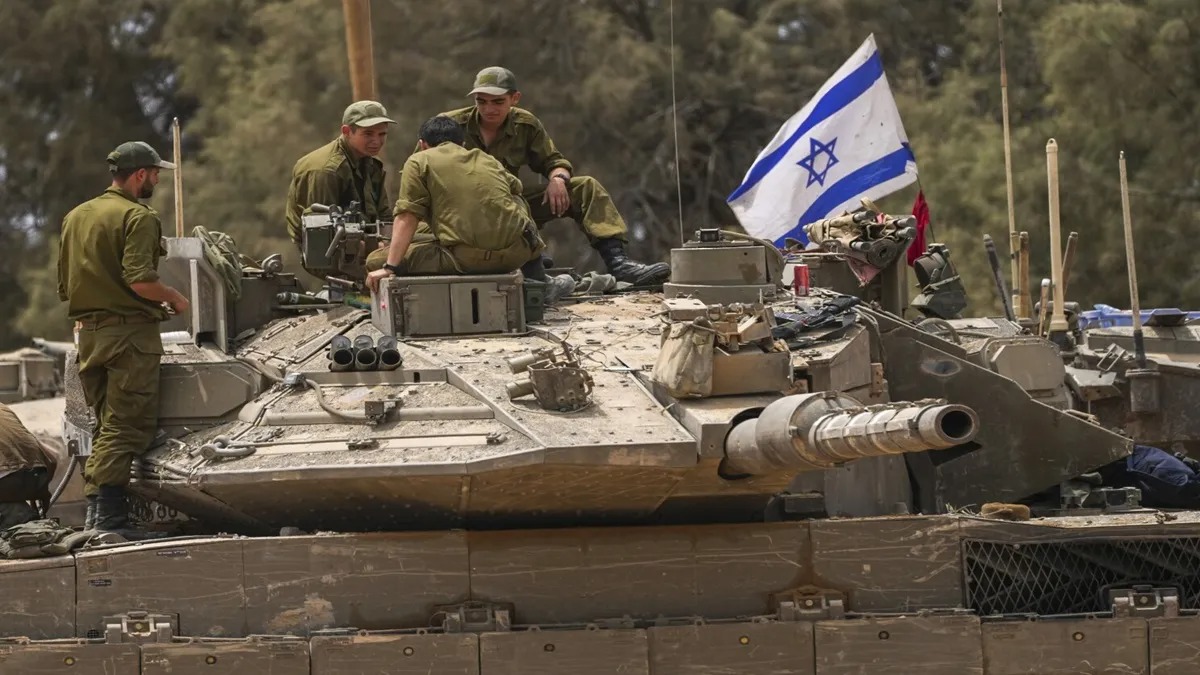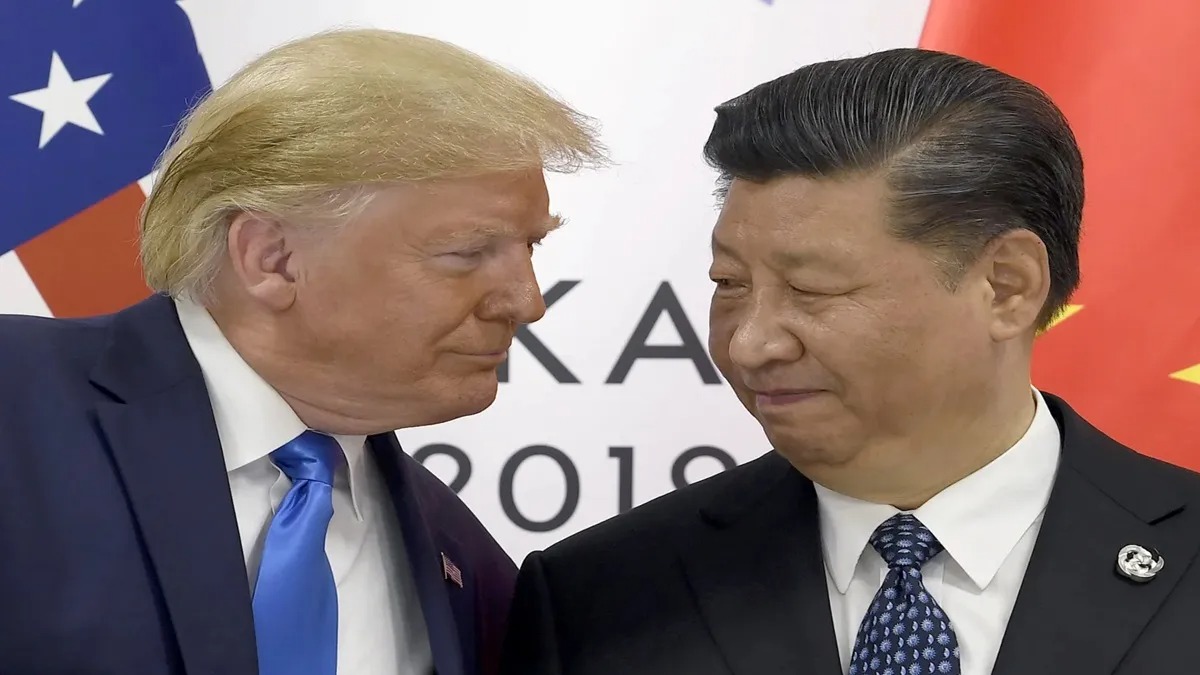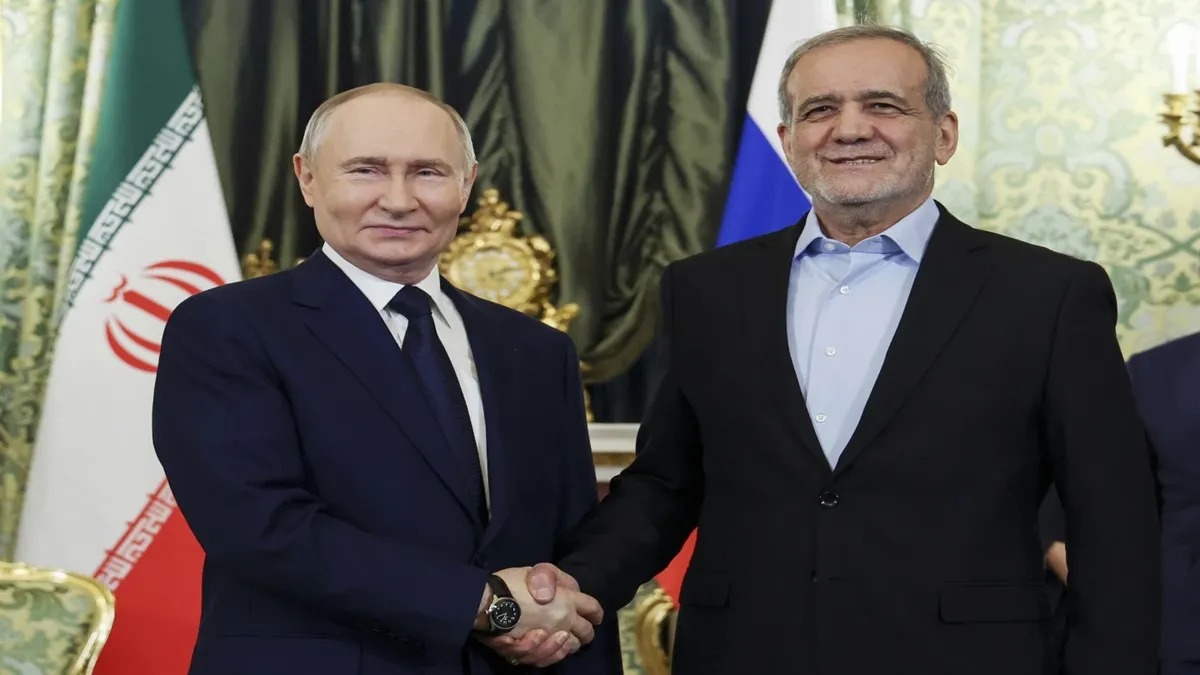
International: Russian President Vladimir Putin on Thursday said India, China and Brazil could act as mediators in potential peace talks over Ukraine. He said a preliminary agreement reached between Russian and Ukrainian negotiators in the first weeks of the war in Turkey, which was ultimately never implemented, could serve as the basis for talks.
"We respect our friends, partners, who, I believe, are sincerely interested in resolving all issues related to this conflict. This is primarily the People's Republic of China, Brazil, and India. I am constantly in contact with our colleagues on this issue. And I have no doubt that the leaders of these countries, we have a trusting relationship with them, sincerely strive to help understand all the details of this complex process," he said at the plenary session of the Eastern Economic Forum in Vladivostok.
The Russian President said he never refused to negotiate with Ukraine, but said he would not do so based on "ephemeral demands" but on the basis of those documents that were agreed and virtually initiated in Istanbul. He also said that Russia's main priority in the talks was the growth of the economy and Moscow's military potential.
India's role in Russia-Ukraine peace talks
In recent times, India has become more vocal on the Russia-Ukraine talks and has hinted at a possible role in mediating in the talks. Prime Minister Narendra Modi, who recently became one of the few leaders to visit both Russia and Ukraine, has repeatedly advocated for dialogue and diplomacy in the conflict and that India stood with its allies towards a possible peace.
Speaking at a press conference in Poland on August 22, PM Modi said, "The ongoing conflicts in Ukraine and West Asia are a deep concern for all of us. India firmly believes that no conflict can be resolved on the battlefield. The loss of innocent lives in any crisis has become the greatest challenge for all of humanity. We support dialogue and diplomacy for the swift restoration of peace and stability. For this, India is ready to provide all possible cooperation in conjunction with its friendly countries."
PM Modi, who was on a single-day visit to Kyiv, told Ukrainian President Volodymyr Zelenskyy that New Delhi had not been neutral or an indifferent bystander during the Russia-Ukraine conflict and was always on the side of peace. He held fruitful conversations with Zelenskyy and said India had never been neutral or an indifferent bystander during the Russia-Ukraine conflict and was always on the side of peace.
PM Modi later held talks with Putin and informed him about his Ukraine visit, expressing his interest in contributing to a diplomatic settlement of the situation. He also reiterated India’s firm commitment to support an early, abiding and peaceful resolution of the conflict, while Putin gave a "fundamental assessment of the destructive line of the Kyiv authorities."
Ukraine's Kursk incursion failed to slow Russia
Putin also asserted that Ukraine's unprecedented incursion into the Kursk region had failed to slow down the Russian advance in Donbas as Kyiv had simply weakened its forces along the rest of the front. He said it was Russia's "sacred duty" to expel the invaders and that Russian forces were starting to push out Ukrainian troops from Kursk.
"The enemy's goal was to make us nervous and worry and to transfer troops from one sector to another and stop our offensive in key areas, primarily in the Donbas," Putin said. "Did it work? No... By transferring rather large and well-trained units to these border areas with us, the enemy weakened itself in key areas, and our troops accelerated offensive operations."
Though the Kursk attack was an embarrassment for Putin and the top military brass, Russian officials are now casting the attack as one of Kyiv's biggest tactical mistakes of the war because they say it ties down thousands of their troops for little real tactical or strategic gain. Ukrainian President Volodymyr Zelenskiy said the attack was an attempt to bring the war to Russia, to force Putin to peace and to carve out a buffer zone to prevent Russian attacks on the neighbouring Sumy region.
--Advertisement--

 Desk
Desk Share
Share






